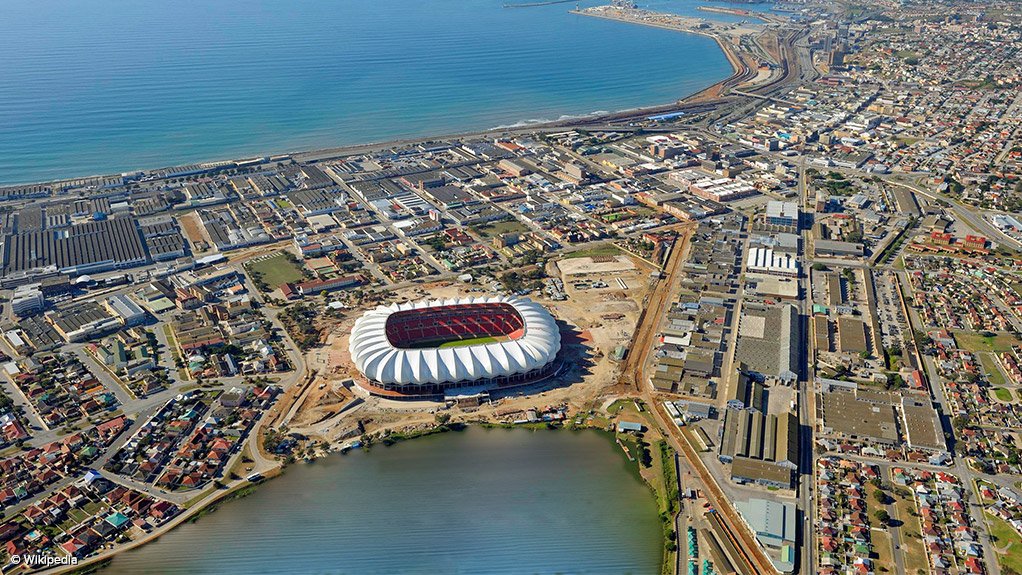The Nelson Mandela Bay municipality is on the brink of being declared a disaster area as the water crisis deepens, mayor Athol Trollip said on Tuesday.
"Despite saving water, our water is running out. It's not raining and we could run out of water. If we run out of water, we have an absolute catastrophe," he said.
He was speaking after touring the Churchill dam with mayoral committee member for infrastructure and engineering, Annette Lovemore. The dam is currently below 27% capacity.
"We have saved water, even in the month of February, which is the driest, hottest and highest usage, we came down to the lowest usage," said Trollip.
"People have been trying, really trying to save water in Nelson Mandela Bay, but we are not at the levels where we should be. We still have to save a lot of water."
Trollip said the municipality could increase water restrictions and impose punitive charges for high water consumption.
Disaster area
Lovemore said the total combined capacity of the 10 dams supplying the metro was 47.2% as of Tuesday. Should it dip below 45%, the metro could apply to have the region declared a disaster area.
They would meet internal disaster management officials, to start applying for a disaster to be declared.
During the last drought, the municipality applied for disaster relief and received R1.6bn in aid. The money was allocated to the Nooitgedagt water scheme, but it took a while to reach the metro, which was why it was critical to apply as soon as the criteria were met.
Trollip said 20% of residents in each of the 60 wards in Nelson Mandela Bay were consuming more than 70% of the city's total water supply. They would be given two weeks to "radically" change their water use, or face punitive measures.
The punishment had not yet been finalised, but options included reducing water supply to households with flow restrictors.
Leaks
Lovemore said between 20% and 25% of potable water from treatment works was lost through leaks.
Since the metro had implemented water restrictions and started an awareness campaign, the number of leaks reported in February went from 16 661 in 2016 to 25 056 this year.
There was, however, a shortage of capacity to address the problem, she said.
"Our backlog is too big and our turnaround time is way too long. We should have 51 plumbers. We currently have 29."
Burst pipes were a priority, and needed to be fixed within 24 hours. The average response times for smaller leaks were between 18 and 24 days. They wanted to bring it down to five days.
Trollip said the municipality would put out adverts for more plumbers, but they first had to deal with internal HR and union issues.
EMAIL THIS ARTICLE SAVE THIS ARTICLE
To subscribe email subscriptions@creamermedia.co.za or click here
To advertise email advertising@creamermedia.co.za or click here











